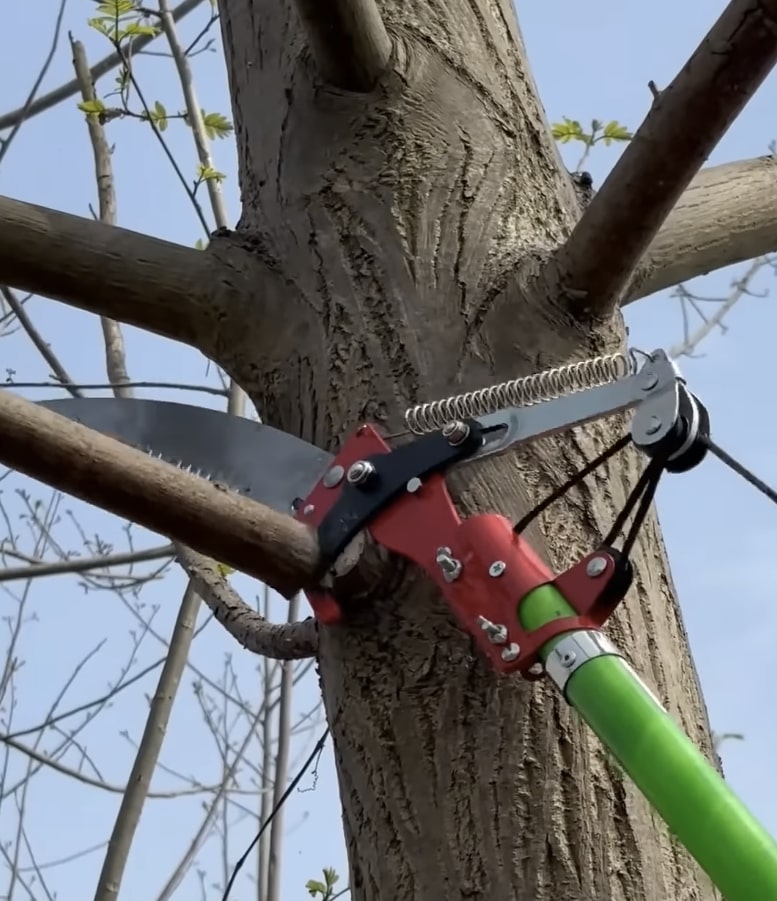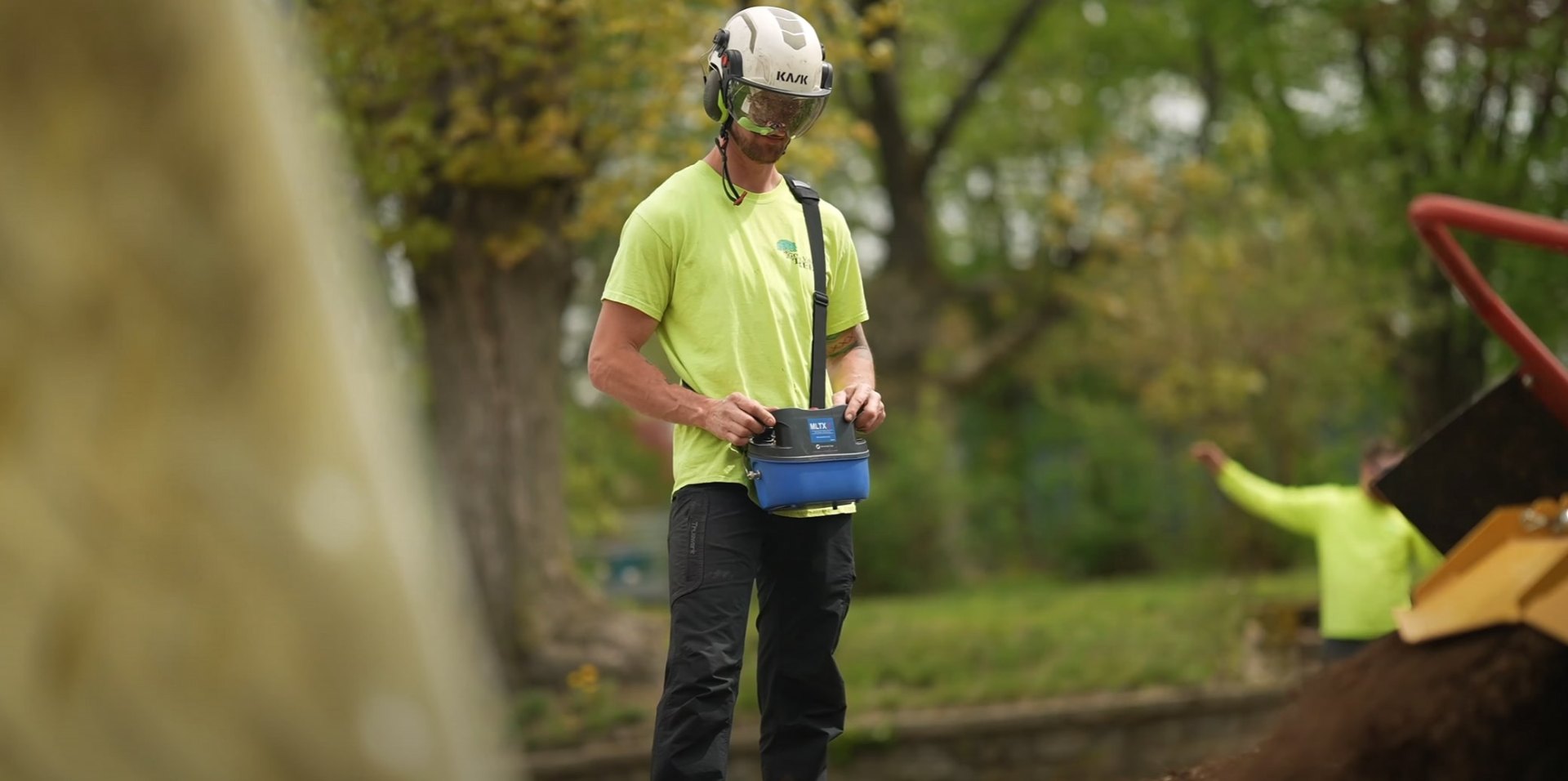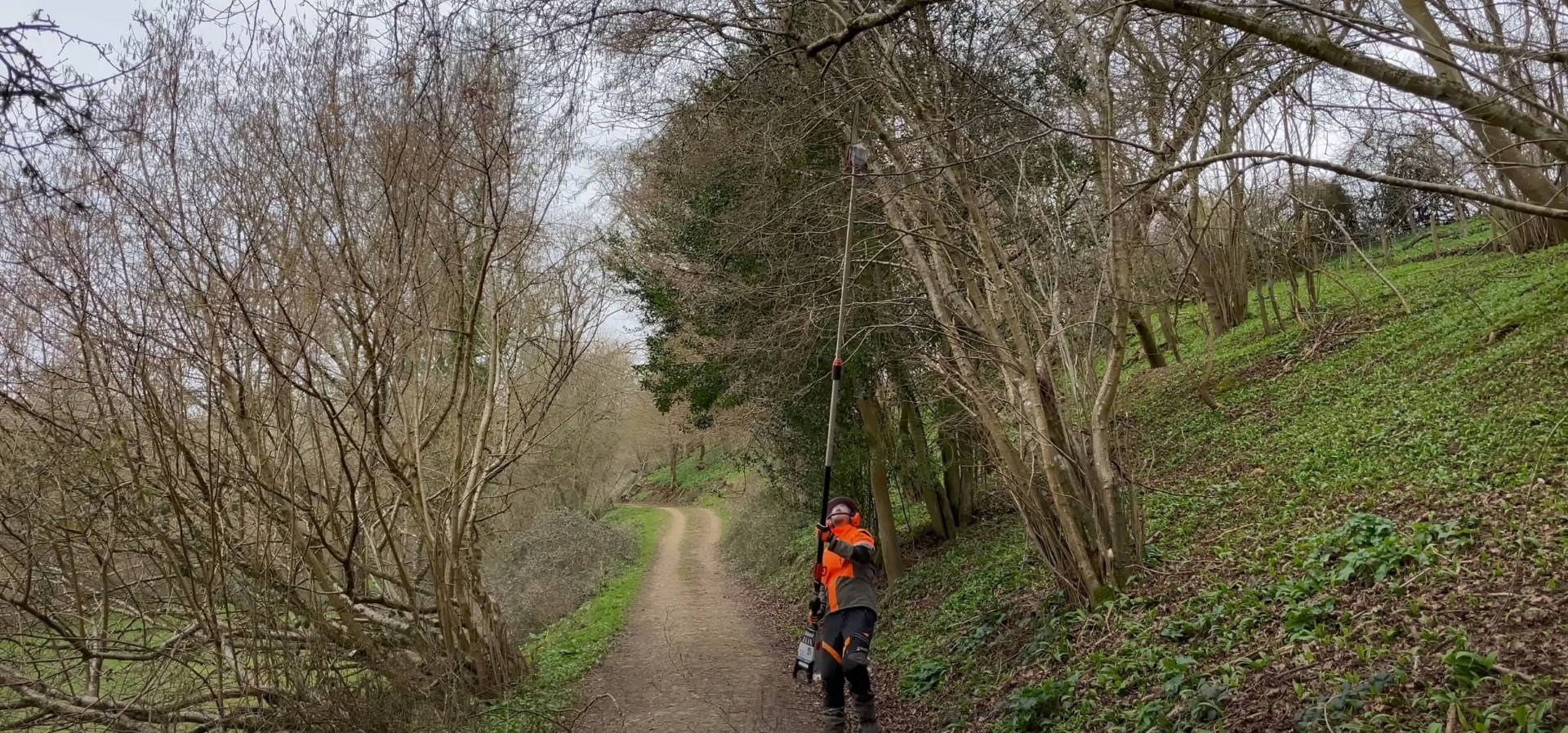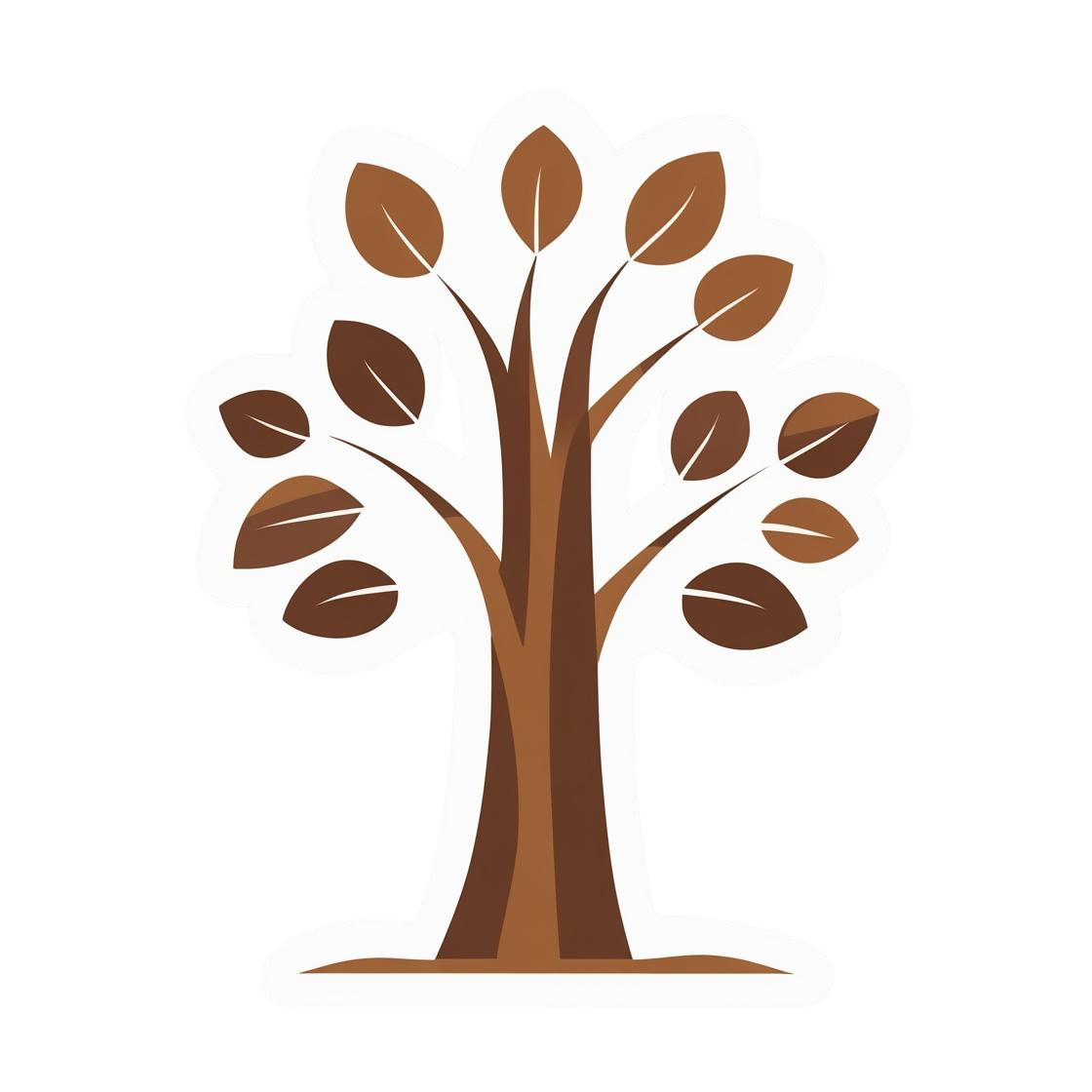Tree Trimming & Pruning Services
Professional pruning to enhance tree health, safety, and beauty
The Art and Science of Tree Pruning
Proper tree trimming and pruning is both an art and a science, requiring deep understanding of tree biology, growth patterns, and seasonal timing. At Kirkland Tree Service, our certified arborists combine decades of experience with the latest research in arboriculture to provide pruning services that enhance your trees' health, safety, and natural beauty.
Many homeowners don't realize that improper pruning can actually harm trees more than helping them. Incorrect cuts, wrong timing, or over-pruning can stress trees, making them vulnerable to disease, pest infestations, and structural failure. Our ISA-certified arborists understand the complex biology behind each cut we make.
Research shows that properly pruned trees can live 25-30% longer than unpruned specimens. We follow ANSI A300 standards for all our pruning work, ensuring that every cut promotes healthy growth while maintaining the tree's natural form and structural integrity.


Seasonal Pruning Strategies
Timing is everything in tree pruning. Different species have optimal pruning windows that coincide with their natural growth cycles. For example, stone fruit trees should be pruned in late winter to prevent silver leaf disease, while oak trees are best pruned in fall to avoid oak wilt transmission.
Our arborists maintain detailed schedules for over 200 tree species common to the Pacific Northwest. We track dormancy periods, sap flow patterns, and disease pressure cycles to ensure your trees are pruned at the optimal time for their health and recovery.
Winter pruning promotes vigorous spring growth, while summer pruning helps control size and can improve fruit production in fruit trees. Dead-heading and corrective pruning can be done almost year-round, but we always consider the specific needs of each tree species.
Health-Focused Pruning Techniques
Our pruning approach focuses on improving tree health through selective removal of dead, diseased, or damaged branches. We also remove crossing branches, water sprouts, and suckers that compete with the main structure for nutrients and energy.
Crown thinning increases light penetration and air circulation, reducing disease pressure and storm damage risk. We never remove more than 25% of a tree's canopy in a single season, following industry best practices for sustainable tree health.
For mature trees, we often recommend structural pruning to strengthen weak branch unions and reduce end-weight on long horizontal branches. This proactive approach can prevent costly storm damage and extend the tree's productive lifespan significantly.


Professional Equipment & Safety
Proper tree pruning requires specialized tools and equipment. We use professional-grade chainsaws, pole saws, hand pruners, and loppers, all maintained to manufacturer specifications. Our climbing gear meets or exceeds ANSI Z133 safety standards.
Every cut is made with sharp, clean tools to minimize bark tearing and reduce infection risk. We sterilize our tools between trees when working with diseased specimens to prevent pathogen transmission throughout your landscape.
Our bucket trucks and climbing systems allow us to access even the tallest trees safely. We never use climbing spikes on living trees (except for removals) as they create wounds that invite decay and pest problems.
Benefits of Professional Tree Pruning
Improved Tree Health
Remove diseased and damaged branches to promote healthy growth and longevity
Enhanced Safety
Eliminate weak branches and reduce storm damage risk to protect your property
Better Aesthetics
Shape and maintain natural tree form while improving landscape appearance
